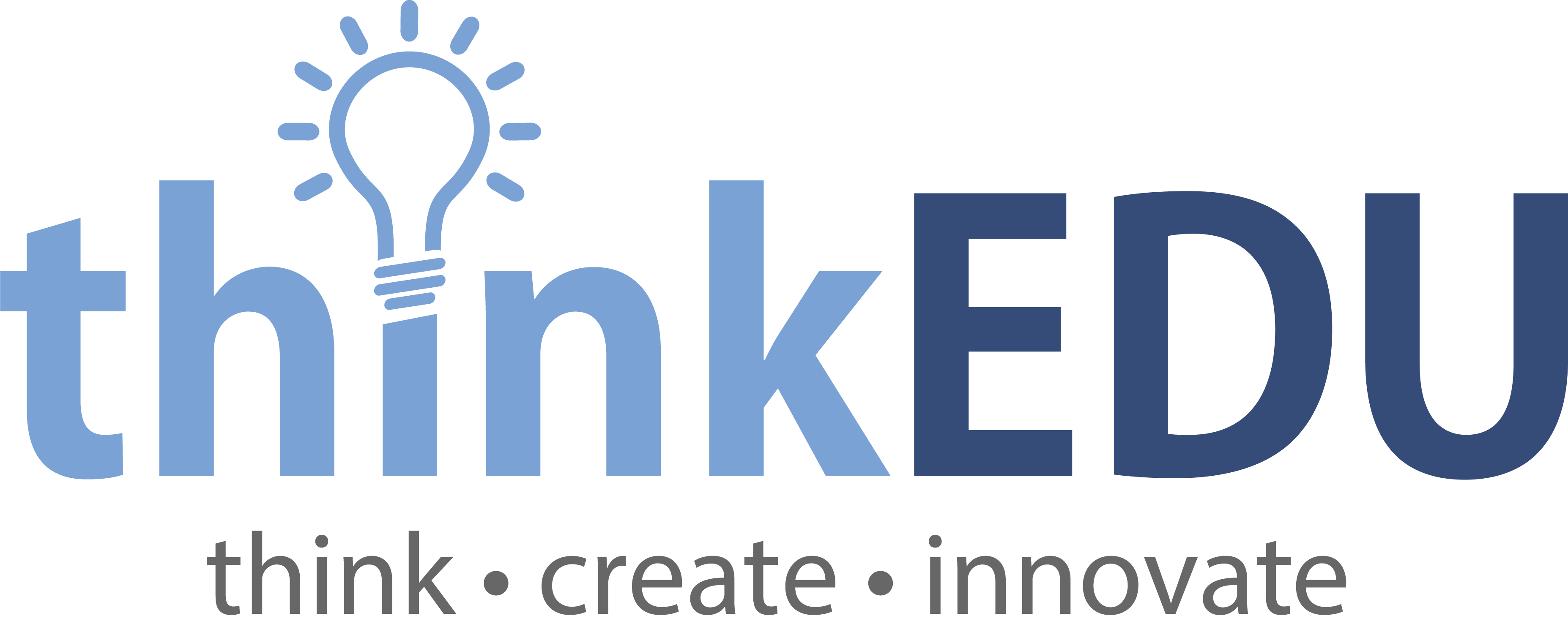
VR Developer Workshop Series -- Student
This training guide is an eBook delivered through the MyLiveBook platform.
Unity Professional Training Series Overview
Unity Professional Training Series are multi-session virtual training engagements where participants learn industry-aligned skill sets and apply them to build a professional Capstone Project. These series are designed to offer a personal learning experience through direct interaction with instructors in the various session types described below.
- Live Session - Instructor-led sessions where concepts are introduced and participants are led through various challenges and scenarios. This can include direct work on capstone projects or small scenarios unrelated to the capstone project
- Project Session - Instructor-assisted project work sessions. Participants are given challenge prompts for their capstone project and they work during the allotted time to complete them. The instructor keeps a webinar open to answer questions and periodically check in with the participants
- Office Hour Session - Participants meet one-on-one with an instructor to review a specific aspect of their capstone project.
: Overview VR Developer Workshop Series
In this 10-session virtual workshop series (40 modular hours), participants will learn to create sophisticated VR applications through a project-based approach. While utilizing Unity's XR Interaction Toolkit, participants will develop a VR Design Visualization application in a collaborative learning environment consisting of Instructor-led Live Sessions, Instructor-guided Project Work and 1:1 Project Review Office Hours. By the end of this training workshop, participants will have utilized their new understanding of VR interactions, locomotion, and user interfaces to create a polished final project.
Learning Objectives
- Configure Unity development environment and hardware in order to work on Virtual Reality-enabled (VR-enabled) projects.
- Design and implement interactions in VR using Unity’s XR Interaction Toolkit.
- Prepare, import, and configure assets in a manner that will support and enhance the Virtual Reality experience.
- Identify and apply best practices in VR in order to create experiences with comfort and usability in mind.
- Configure grab interactions using Ray/Direct Interactors and Interactables.
- Implement Locomotion in VR by creating VR Rigs with Teleportation Anchors and Providers.
- Create VR-friendly and intuitive user interface using world-space rendered Canvas UI elements and XRUI pointers.
- Fine tune user experience by configuring haptic feedback on Interactors and customizable Interactable events.
- Add professional polish to a project with VR-optimized audio and post processing effects
- Configure simple multi-user applications using Photon Unity Networking
: Example 10-Day OutlineVR Developer Series
Prerequisites and Hardware Requirements
Hardware Requirements
- VR-Ready PC (Minimum specifications below, but please double-check to ensure your PC meets the requirements specified by your VR Headset manufacturer)
- Windows 7 64bit or more recent (Windows 10.1 recommended)
- Intel i5-4590 equivalent or greater
- GPU: NVIDIA GTX 970 or AMD R9 290 or greater
- 8GB RAM or more (16GB recommended)
- VR Headset and Handheld Controllers, such as the following (6DOF, Room-scale)
- Oculus Rift, Rift S
- HTC Vive, Vive Pro, Vive Cosmos
- Windows Mixed Reality Headset (various)
- Oculus Quest with Oculus Link cable
Software Requirements
- Have Unity Hub and Unity 2019.3 installed
- Install any software or SDKs related to your VR Headset
- Oculus Software for Oculus Headsets
- Steam VR for HTC and WindowsMR headsets
Prerequisites
- Work confidently in the Unity Editor
- Suggested Authorized Training Workshop: Introduction to 3D Interactive Development
- Write and apply basic C# scripts
- Suggested course: Unity C# Survival Guide










